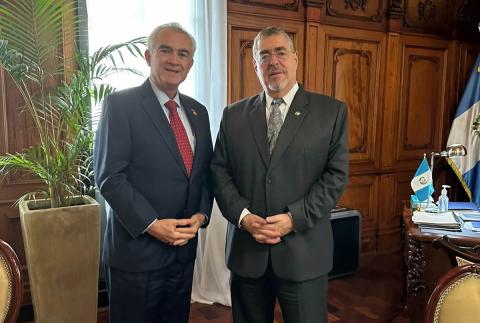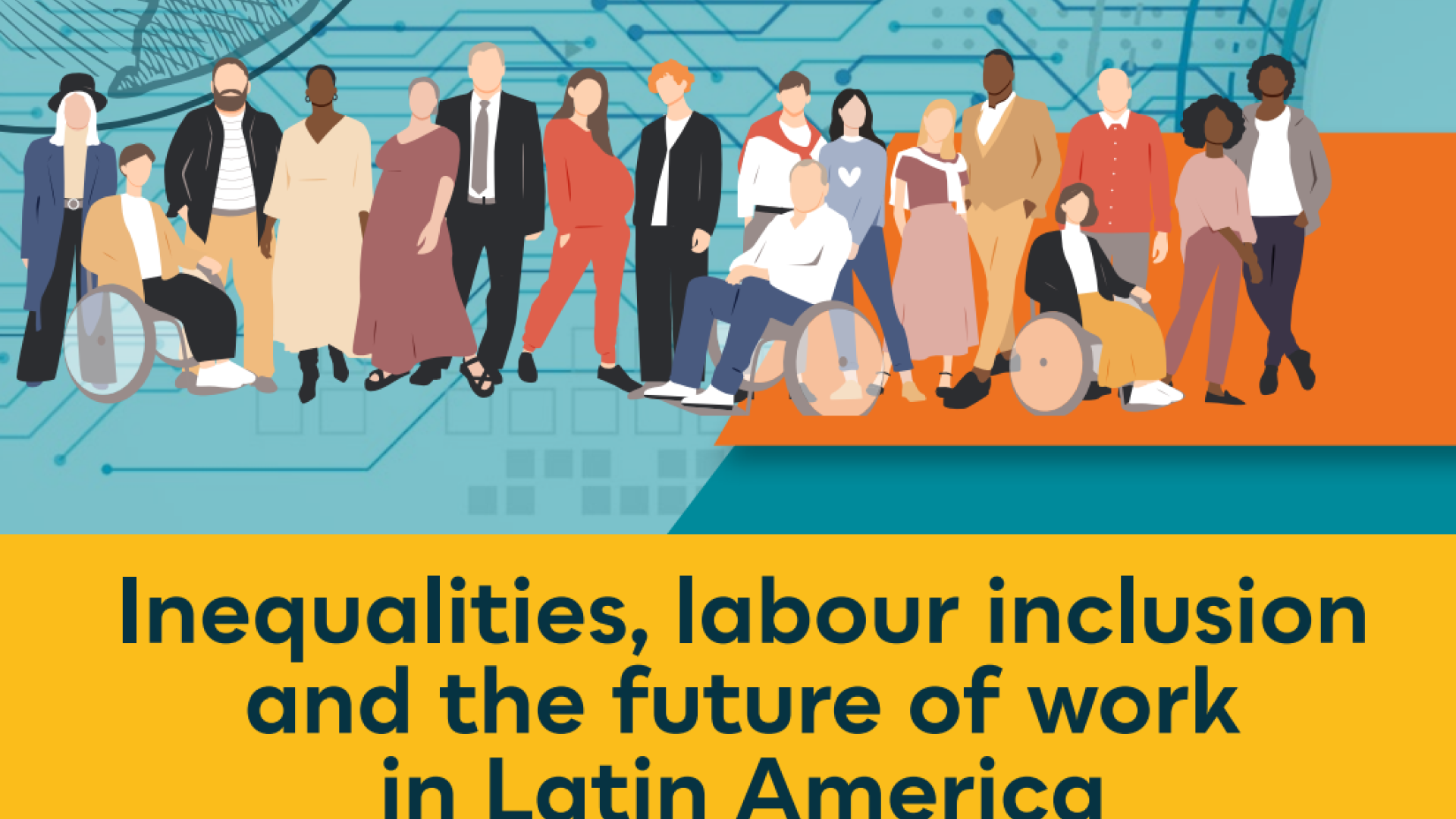Press Release
Watch live transmission of the Conference.
See photo gallery
(17 October 2013) Latin America and the Caribbean has more than 670 indigenous peoples recognized by the region's countries, including at least 23.5 million women - who are often affected by deep ethnic and gender inequalities, according to a new ECLAC study.
The document Indigenous women in Latin America - Demographic and social dynamics in the human rights framework (available only in Spanish) was presented at the 12th session of the Regional Conference on Women in Latin America and the Caribbean, being held until 18 October in Santo Domingo, Dominican Republic.
The report analyses the situation of indigenous women in nine countries: Brazil, Colombia, Costa Rica, Ecuador, México, Nicaragua, Panama, Peru and Uruguay.
According to information from the most recent censuses from the 2010 decade, the largest female indigenous population is concentrated in Mexico with over 8,680,000 people, followed by Peru (over 3,250,000 indigenous women) and Colombia (over 689,000).
In relation to a country's total number of women, the indigenous women in Peru represent 23.8%, above Mexico (15.3%), Panama (12.1%), Nicaragua (8.8%) and Ecuador (7.1%).
According to the report, although indigenous women have capacities and potential that make them active agents for change and generators of well-being and sustainable development for their peoples, they suffer from economic, ethnic, class and gender discrimination that results in many vulnerabilities.
The Economic Commission for Latin America and the Caribbean (ECLAC) is therefore calling on the region's countries to implement policies that seek to eliminate factors behind the inequality experienced by women in this group, based on human rights standards and the agreed principles from recent multilateral conferences on indigenous peoples.
ECLAC considers that the exercise of individual and collective rights of indigenous women is essential to achieve the equality the region so desires.
According to the report, migration has often had negative consequences on indigenous women's living conditions, as they end up living in poorer, precarious and unsafe locations. The countries with the most internal mobility are Panama (7% of indigenous female migrants in the five years prior to the census), Uruguay (6%), Costa Rica (4.6%) and Ecuador (4%).
While some progress has been made in the area of education -over 90% of indigenous children aged 6 to 11 go to school in most of the region's countries- the advances are insufficient, the document states.
For instance, fewer than 15% of indigenous women aged 20 to 29 completed secondary school in seven of the nine countries analysed. Another key aspect is the loss of the native language as a result of the schooling process.
The document indicates that teenage pregnancy (among those aged 15 to 19) also remains higher among indigenous young women in all countries analysed, ranging from almost 12% in Uruguay to 31% in Panama.
Meanwhile, the study found that indigenous women's economic participation is much lower than that of men (and even that of non-indigenous women).
In Panama, for instance, the economic participation rate is 19.3% for indigenous women and 44.4% for non-indigenous women. In Colombia the figures are 20.9% versus 36.1% and in Costa Rica 27.4% versus 36.3%.
The report was produced by ECLAC, in the framework of the Gender Equality Observatory for Latin America and the Caribbean, with the collaboration of the United Nations Population Fund (UNFPA), United Nations Entity for Gender Equality and the Empowerment of Women (UN Women), the Ford Foundation and the Spanish Agency for International Development Cooperation (AECID).
Also see:
- Full document (in Spanish). Indigenous women in Latin America - Demographic and social dynamics in the human rights framework.
Click on this link for more information about the 12th session of the Regional Conference on Women in Latin America and the Caribbean.
Any queries or interview requests should be sent to the ECLAC Public Information and Web Services Section in Santiago, Chile. E-mail: prensa@cepal.org; Telephone: (56 2) 2210 2040.
Follow us on: Twitter, Facebook, Flickr and YouTube.



